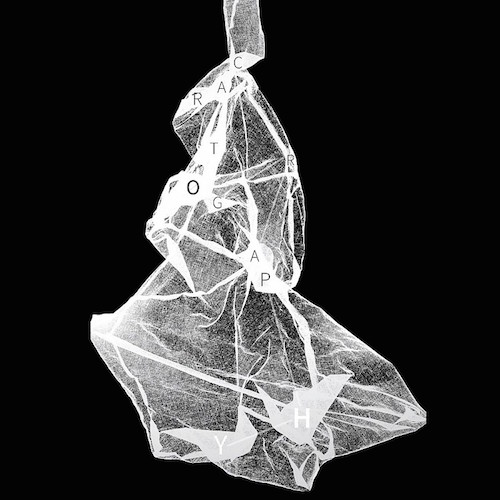When conservatories and music departments finally awake from their (irresponsible) slumber to the reality that they should be teaching new music in earnest, they would do well to ink Mariel Roberts at or near the top of their list of cello professor candidates.
Ms. Roberts first head-butted her way into my consciousness in 2012 with the exceptional Nonextraneous Sounds record, and as with her debut release, I fully anticipate that 2017’s Cartography will remain in my annual Top 10 across the next seven months. The technique is superlative here, but this album is also a feat of inspired and divergent programming, and the technique tends to evaporate behind the poetry of the performances.
Imagine that Walter White’s most habitual customer gets his hands on a stack of Nancarrow and Reich LPs and spends a three-day bender composing a feverish homage. You’re starting to get the picture of Eric Wubbels’ Gretchen Am Spinnrade. Like the Schubert from which it takes its title, the piece is a frenzy of cyclic motives — it’s just that in this case the sonic mania involves microtonal tuning and fingernail pizzicati at eighth-note=132 bpm. String players, and listeners in general, may feel their shoulders anxiously pulling toward their ears as Roberts scales these inhumane licks, but subsequent passes through the track reveal opulent harmonies and a perverse, ultimately savory groove, not to mention Wubbles’s piano playing making an unassailable case for tossing out the term “accompanist,” forever. This is not music one writes hoping for the best. It is written with a specific talent in mind.
The utter loneliness captured in Cenk Ergün’s Aman sits in stark contrast at track 2. Parameters involving percussive elements and harmonic pressure create a dry landscape which Ergün then compellingly processes live with an organic quality that heightens, but never overshadows the cello. It plays as music for our current socio-political predicament, to this reviewer at least, when hope retreats, and its abrupt end offers no tidy conclusions.
If Aman lives in a certain, darker corner of the mind, George Lewis’s Spinnerbounces capriciously around the rest of the cranial cavity. The piece lives the longest in what might be considered the traditional tuning and techniques of the cello, a superball-on-the-varnish rhythmic breakdown notwithstanding, and Roberts’ rich tone and fingerboard-leaping abilities are on full display. Lewis’ recent scores find that elusive seam between the organization of the extemporaneous and the organization of the premeditated, and Roberts infuses both the instinctual and the intellectual angles of this music with equal surety.
Davíð Brynjar Franzson’s The Cartography of Time closes out the proceedings, dipping in and out of white noise, sculpting long tones that seem to make it all the way to the horizon. Delicious bass expands outward and eventually glitches into silence as harmonics glisten and compete and fold back in on themselves. The fourth of four distinct entries, The Cartography of Time aptly deposits the listener many, many miles from where he began at the top of this exquisite album.
- Doyle Armbrust
